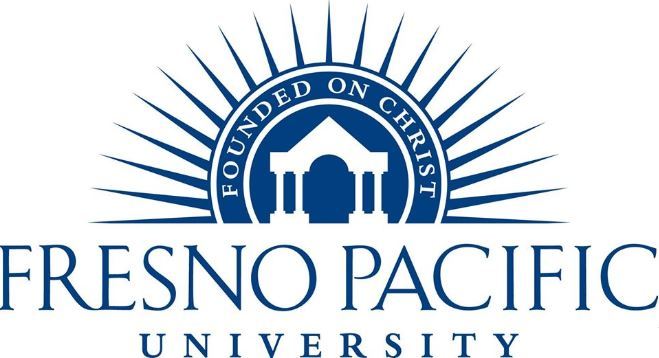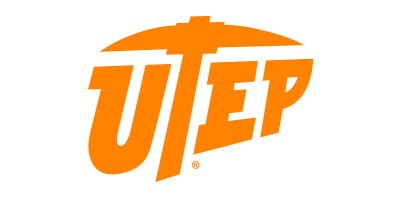Home Health Aide
Overview
Home Health Aides provide assistance to elderly, disabled, ill, and mentally disabled persons who live in their own homes or in a residential care facility. Some Home Health Aides work with families in which a parent is incapacitated and small children need care. Others help discharged hospital patients who have relatively short-term needs. The Bureau of Labor Statistics states that the Home Health Aide is projected to be the fastest growing occupation through 2024. Numerous job openings with excellent opportunities are expected. Job opportunities will be prevalent in hospitals, clinics, rehabilitation centers, home care, long-term care facilities, hospice and assisted living facilities. Home Health Aides can be in the form of paid employees who come into the home for a few hours a day or who live in the home full time or can be family members or friends of the resident.
This comprehensive program prepares students for a position as a Home Health Aide. Emphasis is on giving personal care in a client's home, communications, working with ill persons, basic human needs, eldercare, nutrition, special diets, and home management. Many different types of individuals require assistance in daily tasks, assistance with minor medical tasks, and companionship because they are ill, elderly, or disabled in some way, may be of any age, and live at home or in a home-like residential facility. Home Health Aides provide this assistance entirely or provide some of the care to allow family caregivers a respite. This program will ensure students are prepared to provide a variety of essential services for their clients including health care management and monitoring, assistance with activities of daily living (ADLs) ranging from bathing, dressing, eating, using the bathroom, housekeeping and laundry to medication reminders and/or management, recreational activities and companionship, security and transportation.
Program Objectives
After completing this program, learners will be able to:
- Describe long-term care in terms of the target populations, environment, care options
- Describe the physiological, psychological, and sociological changes related to aging
- Describe physical, cognitive, and social growth and development characteristics
- Describe memory care needs and options
- Explain proper procedures for infection control in a home or residential environment
- Perform basic housekeeping procedures and safety for residents, staff, and visitors
- Explain procedures and strategies for planning, purchasing, and serving food
- Explain the proper procedures for safely assisting an individual in activities of daily living
- Explain procedures for preventing fluid overload and dehydration
- Explain proper procedures for applying a variety of warm and cold applications
- Explain procedures involved in caring for individuals with special needs
- Describe effective and appropriate care of an individual who is dying
- Explain proper care for infants and children in the home or residential setting
- Explain how to assist individuals in a home or residential environment
- Explain common preoperative and postoperative care procedures
Certification
After completing this program, learners will have the opportunity to take the leading national/industry-recognized certification exam(s) essential to entry-level employment in this fast-growing field.
- National Workforce Career Association (NWCA) Certified Personal Care Assistant (CPCA)
Learners who complete this program are eligible to participate in an optional volunteer externship opportunity with a local company/agency/organization whose work aligns with this area of study in order to gain valuable hands-on experience. As learners progress through their eLearning program, an Externship Coordinator will reach out to coordinate placement.
Note: Additional documentation including health records, immunizations, drug-screening, criminal background checks, etc. may be required by the externship facility.
Financial Aid
Grants (Military)
- MyCAA for Eligible US Military Spouses
MyCAA is a $4000 education grant for spouses of service members on active duty in paygrades E1-E5, W1-W2, O1-O2. Spouses married to members of the National Guard and Reserves in the same paygrades, in title 10 orders, are also eligible.
MyCAA covers: tuition, externship and national certification exam vouchers
Our university partners provide, as job aids, at no extra cost: books / workbooks, laptop, mentor support, 12 mos subscription to CampusEd, job placement assistance.
To see if you qualify, message us here
- Army Credentialing Assistance
The Army Credentialing Assistance (CA) program is a government-instituted training and education program that provides a grant of up to $4,000 to eligible soldiers. The grant can be used to enroll in more than 1,600 industry-recognized off-duty career-training certificate programs, licensure exams, and academic or vocational credentials, and even re-certification. It was first made available in October 1, 2019 to the Fort Hood, Fort Campbell, Fort Carson, Fort Drum, Fort Riley, and JBLM bases. As of January 1, 2020, the program is available to all installations.
To see if you qualify, email us here
Grants (Non Military)
- Workforce Grant
We have partnered with private institutions to provide assistance to qualified students. The Workforce Grant is in place to help reinvigorate the workforce amidst the ongoing pandemic. If qualified, a student may receive up to 50% of tuition assistance.
To see if you qualify, message us here
Payment Plans
- Zero Interest Monthly Payment Plans
Payment plans are available for any student at zero interest. This option is available for every university partner. Click here for a complete list.


